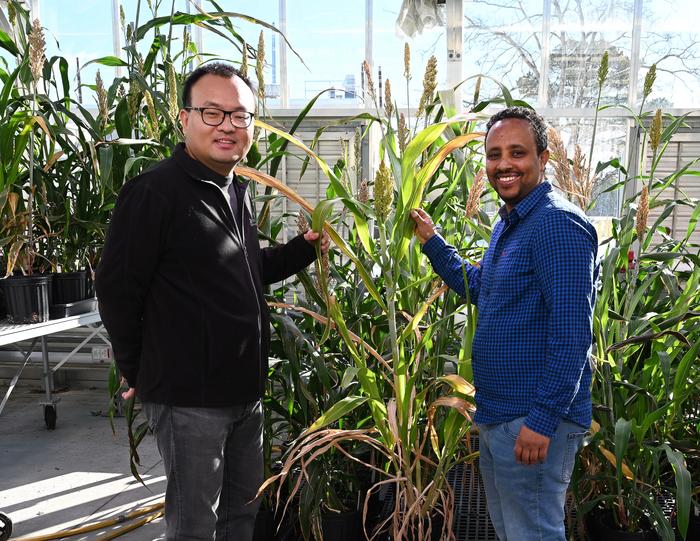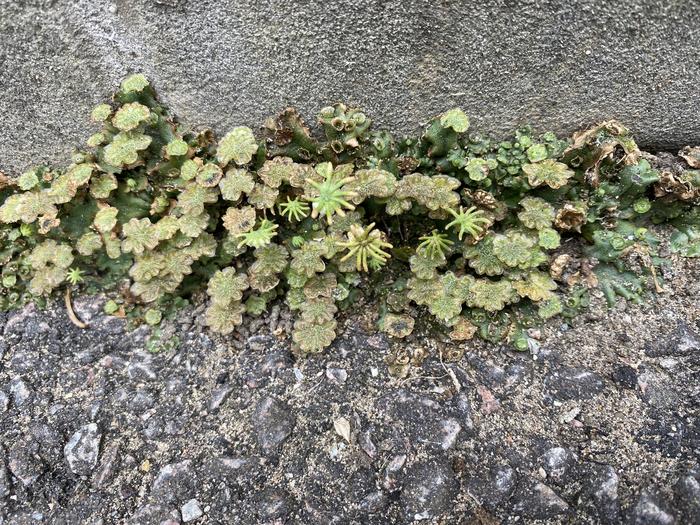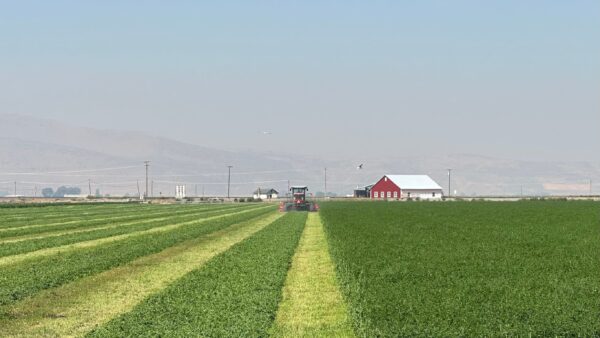New research findings by scientists in the United Kingdom have helped to settle an important debate in the field of epigenetic inheritance.
Using the flowering plant Arabidopsis thaliana as a model for their research, researchers have been trying to understand how organisms ‘remember’ past events at the cellular level. Previous work showed that expression of a gene called FLC – a ‘brake’ to stop plants flowering until after winter – is repressed by cold exposure. Furthermore, the amount of repression is epigenetically ‘remembered’ after winter to permit flowering at the appropriate time. In many organisms, DNA is packaged around histone proteins to make a structure called chromatin. Intriguingly, the level of FLC repression is correlated with the level of cold-induced chemical modifications to the histones at the FLC gene, added by a protein complex called Polycomb Repressive Complex 2.
But are these histone modifications or other local features of the chromatin the cause of epigenetic memory, or are they a consequence of memory stored elsewhere? The findings of a new study published in the journal eLife provide compelling evidence that has helped to settle this long-standing debate.
More information is available here: https://www.jic.ac.uk/news/2015/06/cause-consequence-epigenetic-debate/












